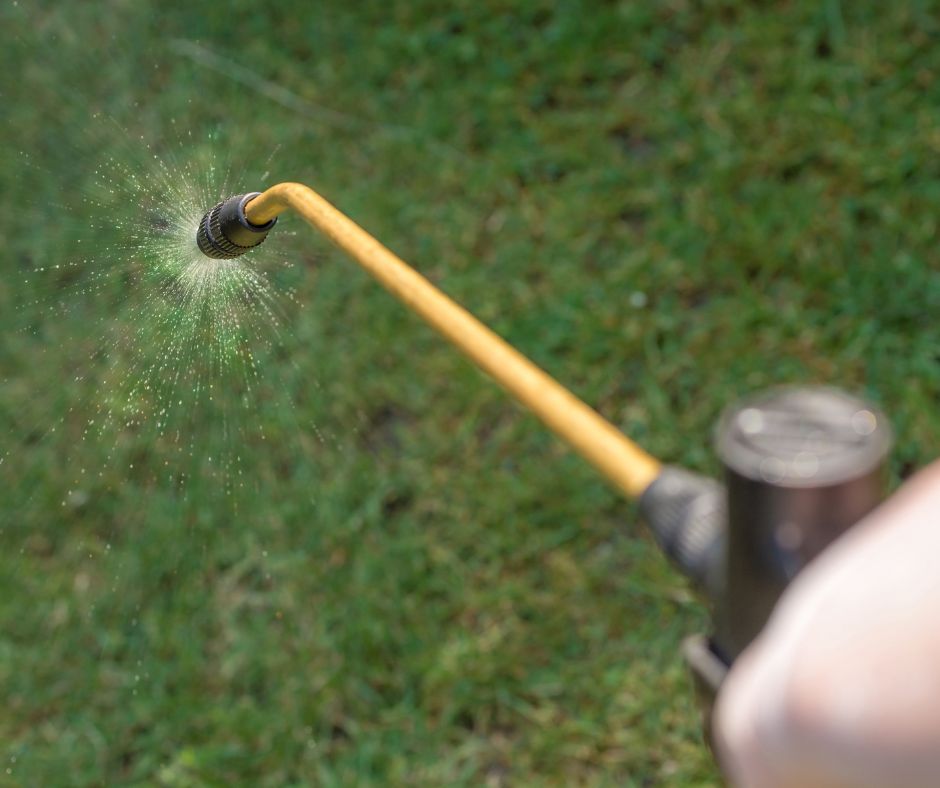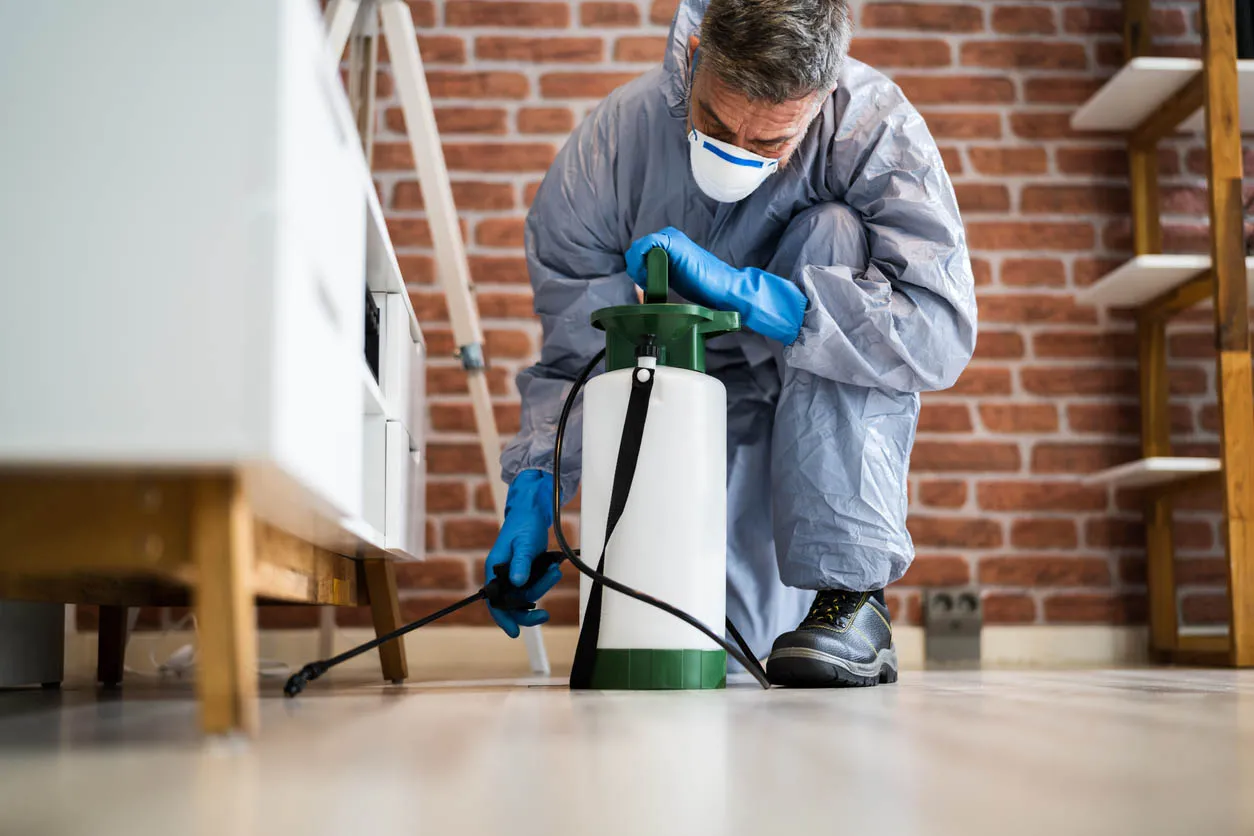Innovative Commercial Pest Control Service in Port Charlotte
Innovative Commercial Pest Control Service in Port Charlotte
Blog Article
Comprehensive Overview to Understanding Parasite Control Methods and Their Therapy
Understanding insect control techniques is important for reliable administration of undesirable microorganisms that posture risks to health and wellness, agriculture, and property. This thorough overview will certainly explore different techniques, including chemical options, biological techniques, and mechanical approaches, all under the umbrella of Integrated Insect Management (IPM) As we analyze these methods, it ends up being significantly clear that the selection of approach can significantly impact both human interests and environmental balance. What elements should be thought about when selecting the appropriate parasite control technique for a particular scenario? The solution may result in even more sustainable practices than one might at first assume.
Review of Bug Control Approaches
Insect control approaches include a selection of approaches made to manage and remove unwanted microorganisms that can hurt human health and wellness, agriculture, and property. Reliable bug administration is important for maintaining the stability of communities and guaranteeing the safety and security of food products. These approaches can be generally classified right into three key methods: social, mechanical, and biological controls.

Social control involves changing farming practices or environmental conditions to decrease insect establishment and reproduction. This technique includes crop rotation, cleanliness, and picking pest-resistant plant varieties. Mechanical control depends on physical barriers or gadgets to avoid bug access or straight eliminate them. Instances include catches, internet, and hand-picking harmful bugs.
Organic control makes use of all-natural killers, parasites, or virus to manage pest populations. This method highlights environmental equilibrium and can include introducing beneficial insects, such as ladybugs or predative nematodes, to handle insect existence.
Integrated bug monitoring (IPM) integrates these methods, utilizing an all natural technique that emphasizes prevention, monitoring, and liable management. By utilizing a blend of these methods, parasite control can be a lot more sustainable and effective, minimizing dependence on chemical interventions while guarding human health and wellness and the atmosphere.

Chemical Pest Control Solutions
A range of chemical pest control remedies are offered, giving effective alternatives for managing insect populaces when other approaches may fail. These services primarily include pesticides, herbicides, fungicides, and rodenticides, each designed to target particular bugs while reducing injury to non-target organisms.
Insecticides are especially reliable against a variety of insects, including ants, cockroaches, and termites, and can be categorized as contact or systemic agents. Contact pesticides eliminate bugs on get in touch with, while systemic insecticides are soaked up by plants, making them hazardous to bugs that eat them. Herbicides are used to manage undesirable plant life, whereas fungicides are crucial for managing fungal illness that can damage crops and ornamental plants.
Rodenticides, designed for rodent control, are available in various formulations, including baits and tracking powders. It is crucial to adhere to tag here guidelines diligently to ensure safety and effectiveness. Furthermore, integrated insect administration (IPM) concepts ought to be employed, combining chemical solutions with cultural, mechanical, and organic methods for lasting parasite control. This holistic approach not just enhances pest administration efficiency yet additionally lowers possible environmental effects related to chemical usage.
Organic Parasite Control Strategies
Biological pest control strategies provide an ecologically pleasant option to chemical methods by making use of natural killers, bloodsuckers, or virus to handle parasite populations. This strategy leverages the ecological partnerships in between microorganisms, promoting a balanced ecosystem while reducing chemical residue in the environment.
Among the most typical organic control methods entails the introduction of all-natural adversaries. Ladybugs are utilized to regulate aphid populaces, while parasitic wasps can target caterpillars and other bugs. These all-natural killers properly lower pest numbers without hurting advantageous bugs.
In addition, microbial representatives such as germs, fungis, and infections are made use of to infect and kill particular parasites. Bacillus thuringiensis (Bt), a normally occurring bacterium, is commonly made use of to manage caterpillars and other larvae, showcasing the performance of microbial pest control.

Physical and Mechanical Techniques
Often utilized in integrated pest monitoring strategies, physical and mechanical approaches offer as reliable tools for controlling parasite populations without making use of chemicals. These strategies depend on physical barriers, traps, and other mechanical tools to stop or get rid of insects, making them environmentally pleasant choices.
Physical techniques include making use of obstacles such as insect netting, screens, or row covers that literally block pests from accessing plants. This is specifically valuable in farming setups where crop protection is necessary. In addition, environment adjustment, such as getting rid of debris and standing water, can decrease parasite reproducing sites, therefore lessening problems.
Mechanical methods include catches, which can be designed to catch details insects. Sticky traps and scent catches are common examples that draw and retain bugs, facilitating surveillance and control. Vacuuming is one published here more mechanical technique, effective for removing bugs from interior atmospheres, particularly in cases of invasions.
Preventative Bug Monitoring Techniques
Efficient preventative parasite management techniques are important for preserving healthy and balanced atmospheres and decreasing pest-related issues before they occur (Pest Control in Port Charlotte, FL). These techniques concentrate on aggressive measures that decrease the possibility of bug invasions by resolving the source

Another important strategy includes correct landscape design techniques (Pest Control in Port Charlotte, FL). Maintaining plant life trimmed and far from buildings can minimize harborage locations for insects. In a similar way, carrying out integrated bug management (IPM) strategies that include keeping track of parasite populations and using biological controls can discover this foster a balanced ecosystem that normally subdues pest numbers.
Education and learning and training for personnel and homeowners on recognizing very early signs of bug activity are likewise essential elements of a reliable preventative program. By cultivating an atmosphere of recognition and watchfulness, companies and home owners can significantly improve their parasite management efforts and protect their areas versus future problems.
Verdict
Finally, reliable pest control needs a diverse technique that incorporates chemical, organic, and mechanical approaches. Using an Integrated Parasite Management (IPM) framework allows for the sustainable management of parasites while lessening eco-friendly effect. Preventative methods better boost the efficiency of these techniques, ensuring lasting defense of wellness, farming, and residential property. Inevitably, a comprehensive understanding of these diverse pest control strategies is important for achieving effective end results in parasite administration efforts.
Report this page